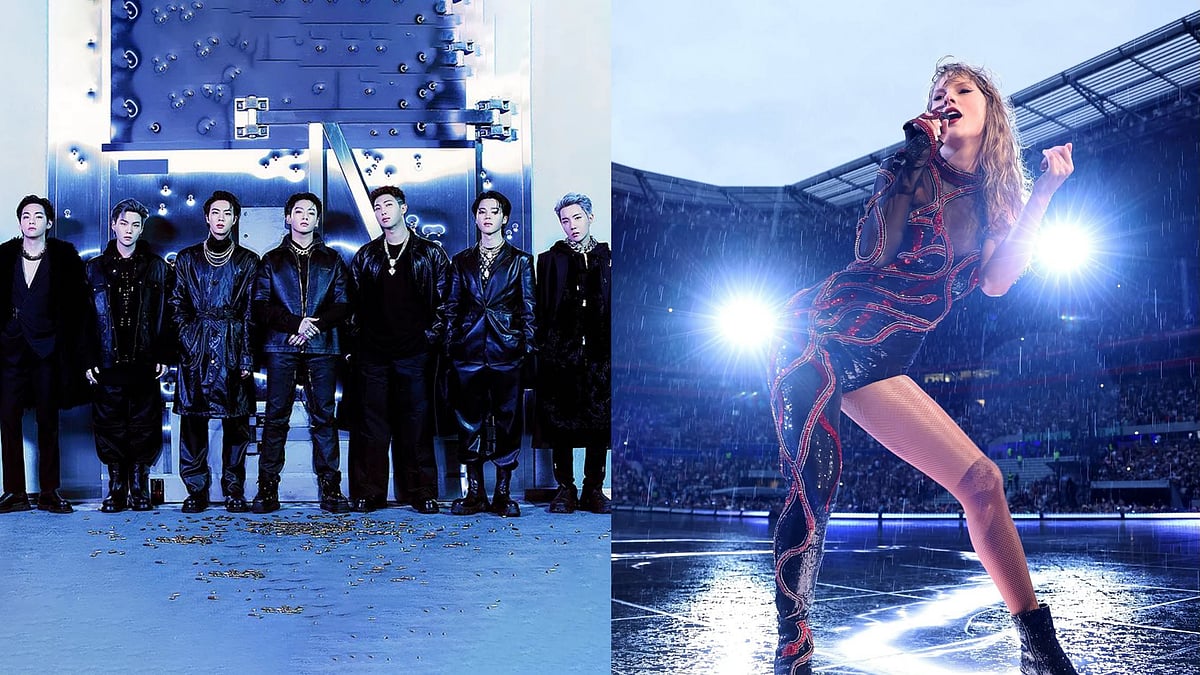Existentialist Albert Camus once wrote that there’s only one truly serious philosophical problem and that is suicide. All others, whether the world has three dimensions, whether the mind has nine or twelve categories, or if the earth goes around the sun, are redundant.
He is obviously wrong because there is only one true philosophical question – how in god’s name is Budweiser the ‘King of Beers’?
We all make mistakes in our indiscriminate youth. Falling in love. Studying engineering.
Being casteist and sexist without realising it.
Not to mention the gravest mistake known to mankind – drinking Budweiser and pretending it tastes good.
While some – those who have never had the honour of meeting a dark stout – claim all beer drinking is an elongated life-long process of Stockholm Syndrome, the popularity of swill, masquerading as beer is one that’s very hard to fathom.
One was forced to revisit crimes of one’s youth thanks to a website called The Hans India, which fell for a satirical article that claimed that an employee at the beer company used to pee in the tanks for 12 years.
The news was complete hogwash because frankly, no one would be wasting any fluid for the self-christened ‘King of Beers’.
And if there was pee in it, we would definitely taste it because, on its own, Budweiser has as much character as a heroine in a Salman Khan movie.
In fact, in 2019, The Sun – for once displaying deep journalistic accuracy and integrity – called it the ‘worst beer for sale in the UK’.
It says: “America has a lot to answer for when it comes to food and drink, and it’s no surprise that the nation that invented “light beer” (a category of lager that is so bad, we’re not even including it on this list) is responsible for the worst lager on this list. And they have the audacity to call it the "King of Beers"."
As another blogger noted that it truly tastes like nothing: “There’s a sweet rice flavour, like the starchy taste leftover when you forget to wash rice properly before cooking it. There is also a touch of bitter hops, just barely there like when a bit of arugula gets stuck in your teeth. There’s no hint of the Beechwood ageing process that’s advertised on the bottle, as far as I can tell, though what this would taste like is yet another question.”
Incidentally, it’s the second-most drunk beer in the world. The first is – I am not making this up – called Snowflake Beer which is largely sold only in China.
In his classic horror short story, The Believers, Robert Arthur described a radio host who told horror stories and describes a fictional monster to five million listeners at the same time. Their belief made the monster real.
Religion and consumerism, work in the same way, slick conmen selling you a dream that you didn’t need in the first place.
Before you know it, happiness can only come from buying that product, believing that god.
Only <insert God> / <insert product> can save us.
Budweiser claims that it is produced using barley, malt, rice, water, hops and yeast, but in reality, is through the magic of capitalist advertising, where enough blanket carpet marketing can transform useless swill into the most second popular products of its kind.
Budweiser is the second-most drunk beer in the US after Bud Light. Its parent company Anheuser-Busch InBev is ironically based in Belgium – a nation known for beer made by Trappist monks– spends more than most beer companies. In 2018, they spent $1.53 billion on ads and have been routinely pumping in the money every year on advertising.
In fact, one of Budweiser’s campaigns led us to one of the most annoying beer commercials called Whassup.
First aired during the 1999 Monday Night Football, Whassup – a slurred version of What’s up – became a ubiquitous slogan of greeting among 'dudes' around the world. Whassup sounded like the mating call of the imbecile, but perhaps it worked because it captured Americans doing what they really want to do in life – NOTHING while guzzling beer and watching sports.
Perhaps, that’s the real reason for Budweiser’s popularity.
It nails the real nature of the perceived universe and all creation (a phrase borrowed from the inimitable Mr Jug Surayia).
We are nothing without our packaging, our hollow shells.
We are indeed invisible in the cosmic reality.
We are incomplete without capitalist trappings and material desires.
We are empty without the products we’ve bought, our Instagram likes, our social media validation.
We are void without the adulation of others, our bank balance or even the annoying motivation poster we put on social media.
Like Sisyphus, we can’t change our fate, because we will keep rolling a stone up a hill for all eternity.
Perhaps that’s the real reason Budweiser is the most popular beer.
Because as the old TVF series said: "Tu beer hai BC".
Read other Nonsensical Nemo columns.
Ever since he was a kid, Nirmalya Dutta always dreamt he would be the new Bob Dylan.
Sadly, he soon realised, he was only a freewheeling brat asking his dad for freebies.
The author is the Web Editor the Free Press Journal and tweets at @nirmalyadutta23.
The views expressed are the author's own.









